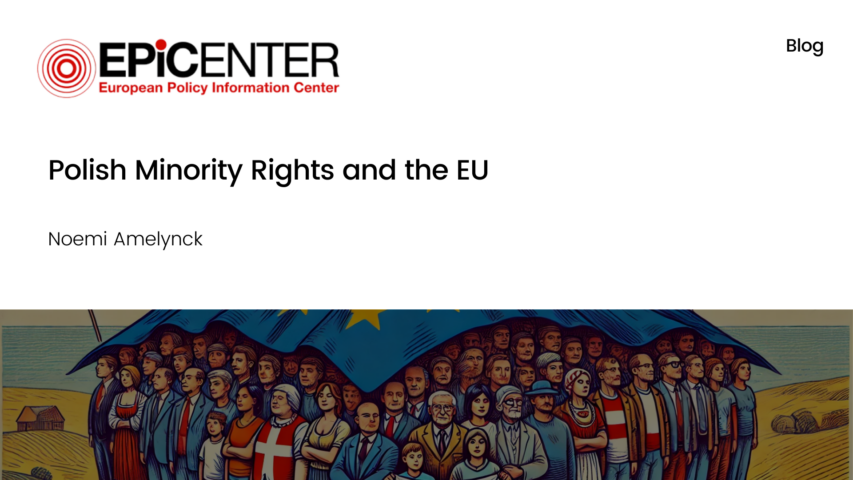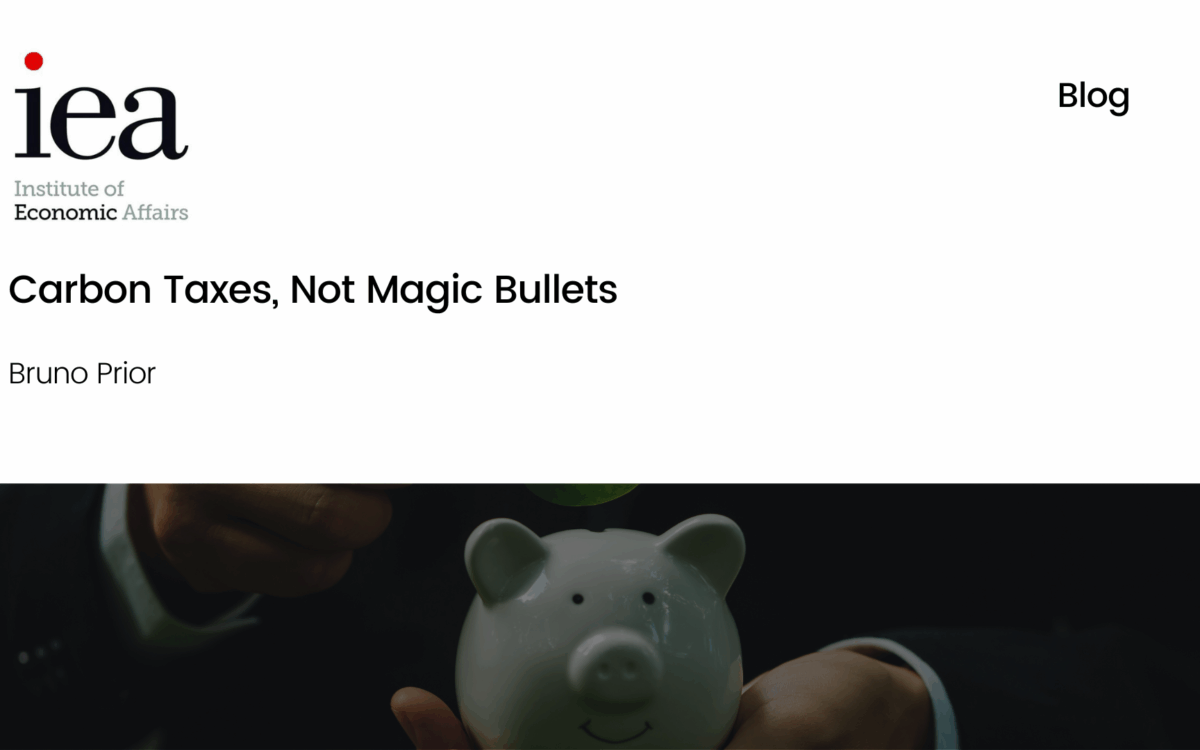Polish Minority Rights and the European Union

Polish Minority Rights and the European Union
Noemi Amelynck // 15 July 2020
Polish president, Andrzej Duda, and his close political ally, the Law and Justice Party, PiS, have not been shy of controversies during this last political term in power. After infringing on the rule of law and going against EU values, the latest controversy ahead of the Sunday election has been their marginalization of the LGBT community.
In 2019, liberal Mayor of Warsaw, Rafał Trzaskowski, signed a declaration supporting LGBT rights and announced that he would be integrating the discussions surrounding LGBT issues into the Warsaw education system. This was met with a lot of backlash especially from the PiS party who claim LGBT issues to be an “ideology” imported from the West. President Duda, who is seeking re-election, also stated at a campaign rally that the LGBT “ideology” is worse than communism.
In response to Mayor Trzaskowski’s decision, around a third of the country has introduced LGBT-free zones. In these areas, the LGBT “ideology”, and in some cases those belonging to the LGBT community, are unwelcome. Instead, these areas see it as more beneficial to protect the idea of traditional families (heterosexual marriage with children) through education and the distribution of public funds. Additionally, Duda has introduced his election proposals, the Family Charter, in which two sections refer to LGBT issues. He has pledged to prevent same sex couples from marrying and adopting children, and will ban the teaching of LGBT issues in schools.
This issue has been at the forefront of the presidential elections which were supposed to be held in May but were postponed due to the coronavirus. The two most anticipated candidates are the incumbent President Duda and Mayor Trzaskowski. With the first round having occurred on the 28th of June, neither candidate secured the 50% necessary to win the election without a second round. The latter took place last Sunday on the 12th of July in which Duda secured 51.2% of the vote, the slimmest presidential victory since the end of communism.
The consequences of Duda securing a second term are significant. Duda and PiS have already shown that they will not hold back in pushing forward their agenda, and another term in power may lead to an increase in bills detrimental to civil rights and liberal democracy designed to maintain and ensure PiS’s power. Not only should this be a worry for Poles, but for the EU as well.
The EU has already criticized the introduction of the LGBT-free zones in Poland. In December 2019, the European Parliament adopted a resolution strongly condemning these zones. The European Commission adopted the same stance in February of this year with EU Commissioner for equality, Helena Dalli, stating that the Commission would make advancing LGBT rights a priority for the next five years.
In June, the Commission furthered their response by sending a letter to the five Polish provinces who have adopted these zones. They stated a concern for Article 2 of the Treaty on European Union which sets out the values the community was founded on. These include respect for human dignity, freedom, democracy, equality, rule of law and human rights. The Commission also stated its concern for Article 7 of the regulation of EU funds. Beneficiaries of EU funds have an obligation to combat discrimination and there is a concern that Polish recipients are discriminating against the LGBT community. The Commission has called for an assessment on the allocation of funds and has also threatened to cut pandemic recovery funds towards Poland if the situation remains unchanged
However, there is an issue with how broad EU legislation is. There is a lack of EU legislation in place to combat the discrimination faced by the LGBT community coming from Duda and PiS. Although EU law does address anti-discrimination policy, it lacks legislation to fight specific discrimination in areas such as same-sex marriage, adoption rights or education. These issues are left in the hands of national governments, meaning that there is a limit to what the EU can do. This is something that the EU must take into account and work towards changing.
For now, it is important that the EU holds the Polish government accountable in areas which are of EU jurisdiction, including the LGBT-free zones. Here, EU law is in question as these zones openly discriminate against a specific minority group and infringe on several values set out in Article 2 of the Treaty on European Union – the most important ones being freedom and equality.
EU funding should be conditional on the basis that Member States comply with EU law. A country applying to be part of the Union is considered on the basis of how well they comply with EU values. If the EU expects this from countries who are not yet even members, then they should put the same conditions in place for its already existing Member States. President of the European Council, Charles Michel, has proposed a similar course of action by cutting EU funding for the law-breaking countries for the next EU long-term budget for 2021-2027.
The EU must pay close attention to Duda and the next steps he will take during his renewed term.
EPICENTER publications and contributions from our member think tanks are designed to promote the discussion of economic issues and the role of markets in solving economic and social problems. As with all EPICENTER publications, the views expressed here are those of the author and not EPICENTER or its member think tanks (which have no corporate view).



